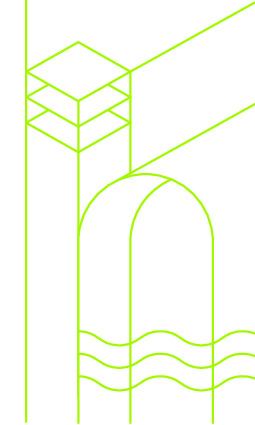|
|
|
| Module code: BIMA340 |
|
|
4VU (4 hours per week) |
|
6 |
| Semester: 3 |
| Mandatory course: no |
Language of instruction:
German |
Assessment:
Written exam
[updated 28.09.2020]
|
BIMA340 (P110-0113) Civil and structural engineering, Master, ASPO 01.04.2012
, semester 3, optional course
BIMA340 (P110-0113) Civil and structural engineering, Master, ASPO 01.04.2015
, semester 3, optional course
BIMA340 (P110-0113) Civil and structural engineering, Master, ASPO 01.10.2017
, semester 3, optional course
DFMCE-165 (P630-0132) Civil Engineering, Master, ASPO 01.10.2019
, semester 1, mandatory course
|
60 class hours (= 45 clock hours) over a 15-week period.
The total student study time is 180 hours (equivalent to 6 ECTS credits).
There are therefore 135 hours available for class preparation and follow-up work and exam preparation.
|
Recommended prerequisites (modules):
None.
|
Recommended as prerequisite for:
|
Module coordinator:
Prof. Dr.-Ing. Joachim Dettmar |
Lecturer:
Prof. Dr.-Ing. Joachim Dettmar
Dr.-Ing. Stefan Kreifelts
[updated 22.03.2016]
|
Learning outcomes:
After successfully completing this module, students will:
_ recognize and understand the connection between wastewater disposal, flood and environmental protection based on lectures on wastewater treatment (Bachelor).
_ understand how important integral and interdisciplinary task processing is.
_ understand complex physical and hydraulic interrelationships and methods and can thus develop economically and ecologically optimized planning concepts for the construction, operation and maintenance of sewage systems and integrated special structures.
_ be able to apply scientific methods and scientific findings to solving new problems, as well as processing practice-oriented tasks.
[updated 28.09.2020]
|
Module content:
_ Hydrological and hydrodynamic methods and models for sewer network and pollution load calculation;
_ Methods for limiting the input of pollutants in water;
_ Methods for preserving/optimizing the hydraulic performance and structural maintenance of sewer systems.
[updated 28.09.2020]
|
Recommended or required reading:
_ DWA rules and regulations: Worksheets: A110, A118, A128, A166, Information sheets: M176, M143, M149
_ DWA-Handbuch zur Abwasserableitung (Bauhaus-Universität Weimar)
_ Schröder: Hydraulische Methoden zur Erfassung von Rauheiten (DVWK-Schriftenreihe)
_ Hager: Fließformeln für turbulente Strömungen
_ Althaus: Vergleich von Modellregen zur Kanalnetzberechnung (Institut Hydr. TU Hannover)
_ Euler u. a.: Die Berechnung des Schmutzfrachtabflusses aus Niederschlägen
[updated 28.09.2020]
|


